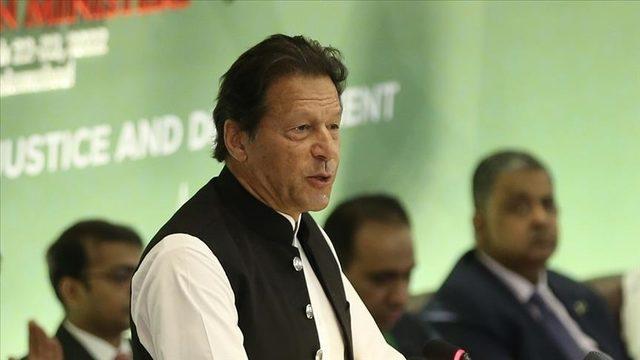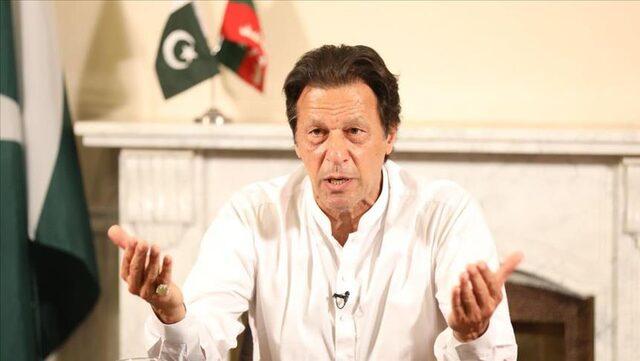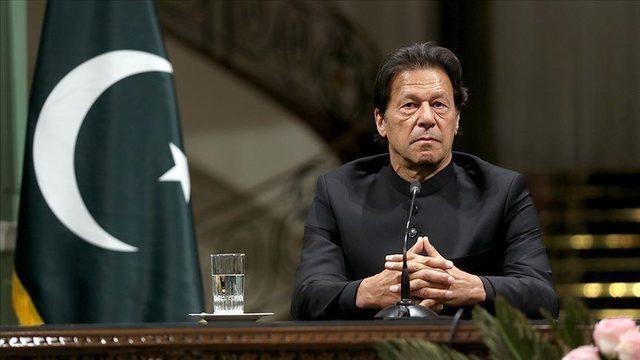Arrest warrants have been issued for former Prime Minister Imran Khan in two ongoing cases in Pakistan. Khan, who did not attend the hearing of a case involving the threatening of Khatoon Judge Zeba Chaudhry in August last year, sought exemption from appearing in court, citing security concerns through his lawyer. The Islamabad District Court denied Khan’s request and issued an arrest warrant, instructing the police to bring Khan before the court by 29 March.
Stating that he has a ready plan in case he is arrested without giving details, Khan said, “We have a ready plan that will be shared with the nation when the time comes, in case I am arrested.” said.
Khan held a political rally in solidarity with his deputy, Shahbaz Gill, who was allegedly tortured in custody last year, threatening Judge Chaudhry in his speech saying that he “must prepare himself for action will be taken against him”. After the speech, a lawsuit was filed against Khan for allegedly threatening Judge Chaudhry. Khan later testified to the Islamabad High Court, admitting that he “may have crossed the line” and expressed his willingness to apologize to the judge.

KHAN DID NOT PARTICIPATE IN THE CASE WHICH WAS ORDERED ABOUT KHAN
In the Toshakhana case on charges of selling state gifts and concealing assets, Judge Zafar Iqbal issued an arrest warrant for Khan on February 28, for his failure to attend the hearing. Police went to Khan’s home in Lahore on March 5, but could not find Khan at home. Bringing the arrest warrant against him to the higher court, Khan’s arrest warrant was suspended until 13 March. A re-arrest warrant was issued for Khan, who also did not attend today’s hearing, and the police were instructed to bring Khan before the court by 18 March.

KHAN GOVERNMENT FALL IN APRIL
The Khan government, which received 174 “no” votes in the no-confidence vote in the parliament on April 10, 2022 in Pakistan, fell. Shahbaz Sharif was elected to the post of prime minister, replacing Khan on 11 April, who obtained 174 votes and an absolute majority in the parliamentary vote. (UAV)
